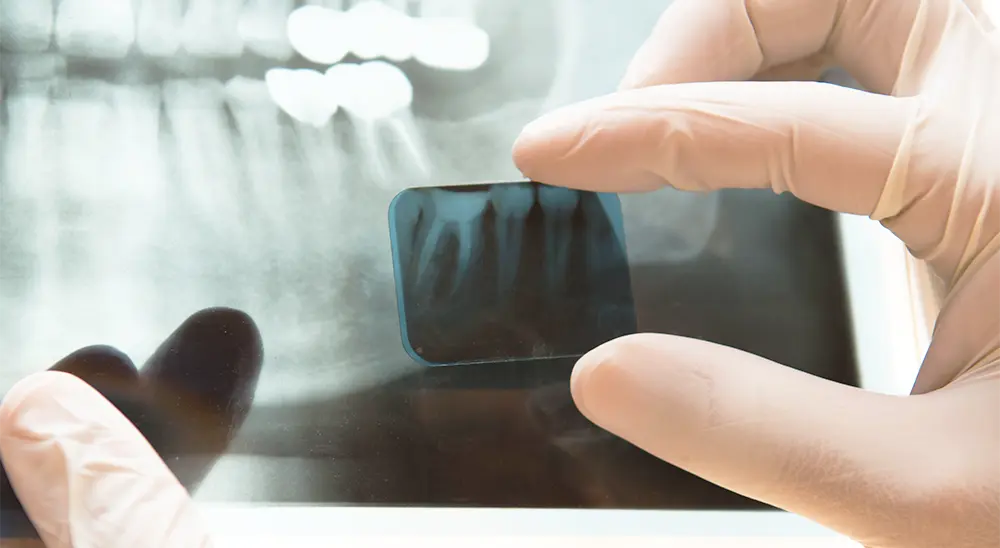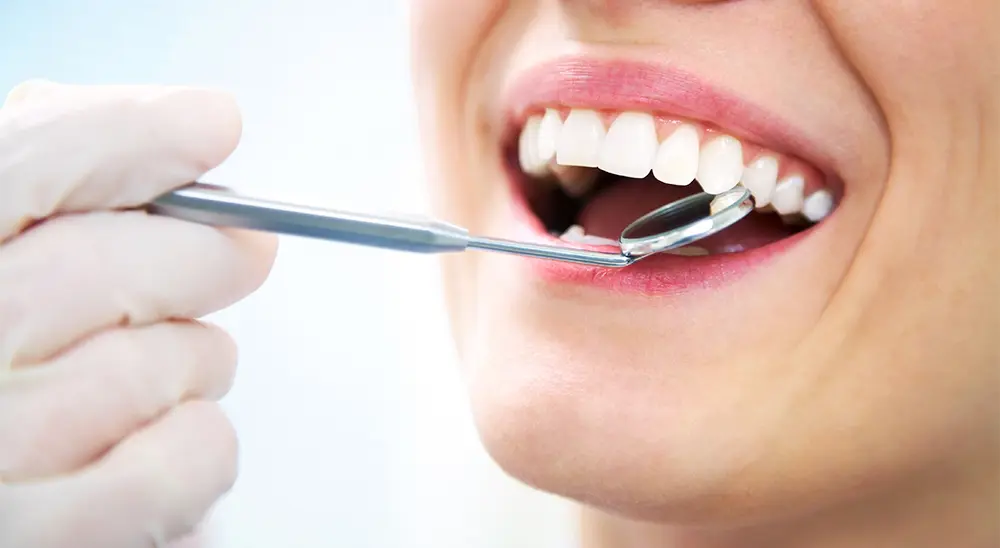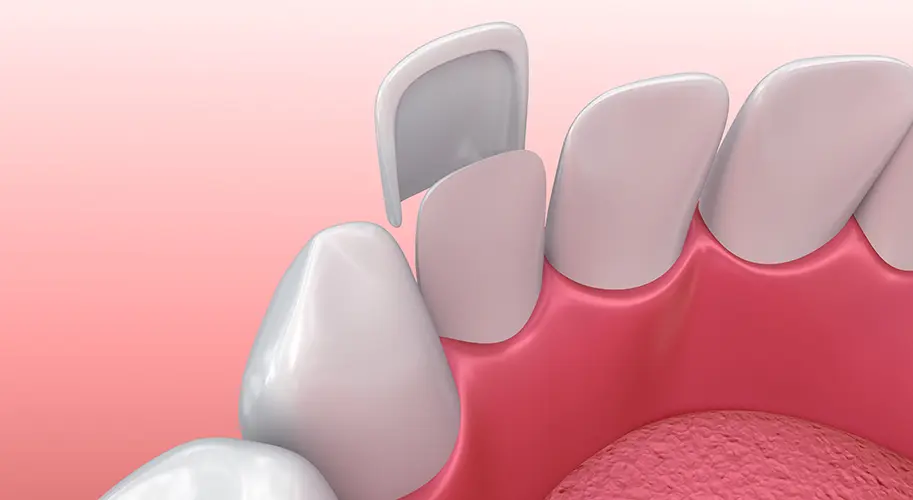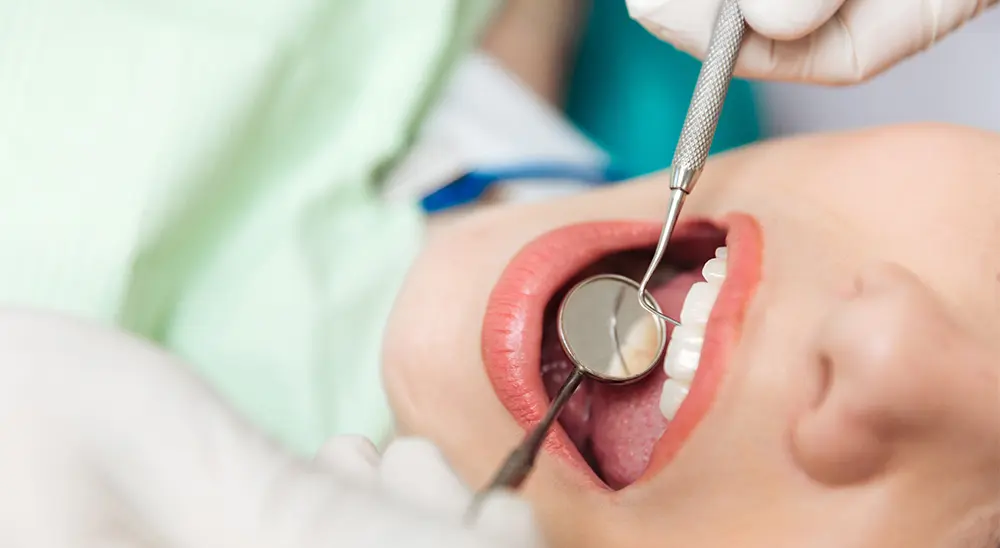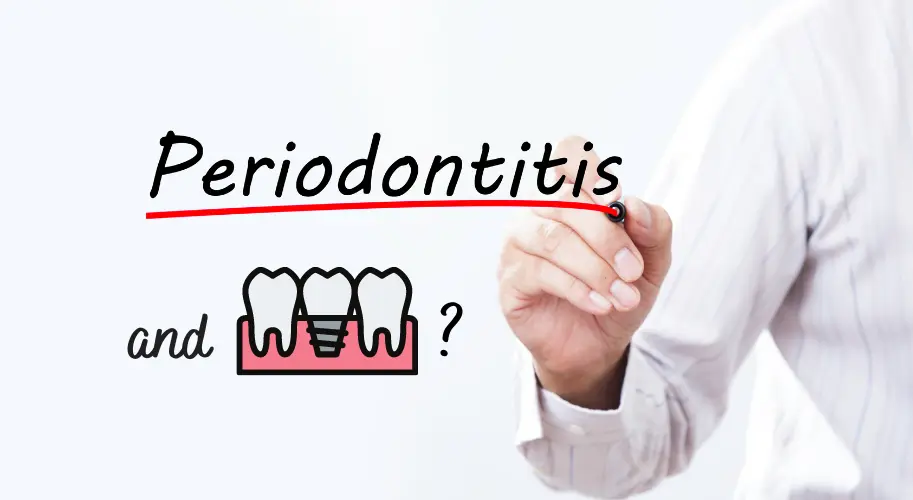
Periodontitis and dental implants
Can I have dental implants if I have periodontitis?
The most frequently asked question to us is whether patients with periodontitis can be treated with dental implants and in most cases, they sound quite disillusioned. What do we answer them? Read in the following lines.
What is periodontitis?
Periodontitis is a bacterial infection that affects the tissues surrounding the tooth – gingiva, periodontium, and bone. If left untreated, progressive bone loss leads to wobbly tooth and tooth loss.
Gum disease is the leading cause of tooth loss in adults.
What are the main factors that cause periodontitis and complicate the periodontal process?
Factors that may increase the risk of the disease are:
– Tartar – The accumulation of tartar is a constant source of inflammation and gingivitis, causing resorption of the alveolar bone, periodontitis, and subsequent tooth loss.
– Lack of proper oral hygiene – Lack of good oral hygiene can significantly increase the risk of periodontitis.
– Smoking – Smokers have a significantly higher risk of periodontitis due to the greater loss of bone.
– Diabetes –
In patients with diabetes, the risk of periodontal disease increases several times, as the likelihood of bone loss is higher. If diabetes is controlled, this risk can be significantly reduced.
– Taking certain medications –
Some medications can have an adverse effect on the periodontium, such as diuretics, antipsychotics, antihistamines, antihypertensive agents, analgesics, anti-seizure drugs, and hormonal-based medications containing estrogen and progesterone.
What are the symptoms of periodontitis?
– Red, swollen and sensitive gingiva
– Presence of periodontal pockets
– Bone loss
– Bleeding when brushing teeth, flossing, and eating
– Exposed teeth (due to receding gums)
– Presence of pus
– Bad breath (halitosis)
– Wobbly teeth
How is periodontitis treated?
The treatment of periodontitis requires several stages and very good cooperation on the part of the patient. If properly treated, the process can be stopped and further bone loss prevented.
However, if periodontitis is not controlled, tooth loss will inevitably occur. In order to restore the masticatory function, it is necessary to replace the root of the already missing tooth with a dental implant.
What are dental implants?
Dental implants are metal products that are designed to replace the natural root of the tooth. Most often they are made of titanium alloys, which are biocompatible with the human body and do not cause allergic reactions. Once the dental implant is placed in the bone, it is prosthetized with a dental crown.
Are dental implants suitable for patients suffering from periodontitis?
In untreated periodontitis, progressive bone loss leads to loosening and loss of teeth from the dentition. In this case, the placement of a dental implant becomes imperative. But is it possible?
To place a dental implant, it is necessary for the patient to have healthy dental tissues, and as already mentioned, periodontitis is a bacterial infection affecting the gingiva, periodontium, and the bone.
Periodontitis-damaged tissues cannot be repaired and the only method for their regeneration is bone augmentation (addition of extra bone). The gingiva can only be reconstructed with grafts and then dental implants can be placed. However, this is the procedure for placing the classic (two-part) implants.
The good news is that there are also so-called basal dental implants, which are the best choice in cases of periodontitis.
Why is this so?
The basal implants are one-piece and are made of mechanically polished titanium, which is not allowing the bacteria to remain on the surface of the dental implants. In this case, the risk of developing a future infection is significantly reduced. This type of dental implant is placed in the deeper layer of bone called the cortical, which eliminates the need for additional bone placement as well as a sinus lift.
Basal implants are also the best method for rapid recovery of masticatory function because in completely edentulous jaws, after very advanced stages of periodontitis, treatment can be carried out within 72 hours and the patient has a completely new smile.
How is that possible? You can learn more about basal implantology here



